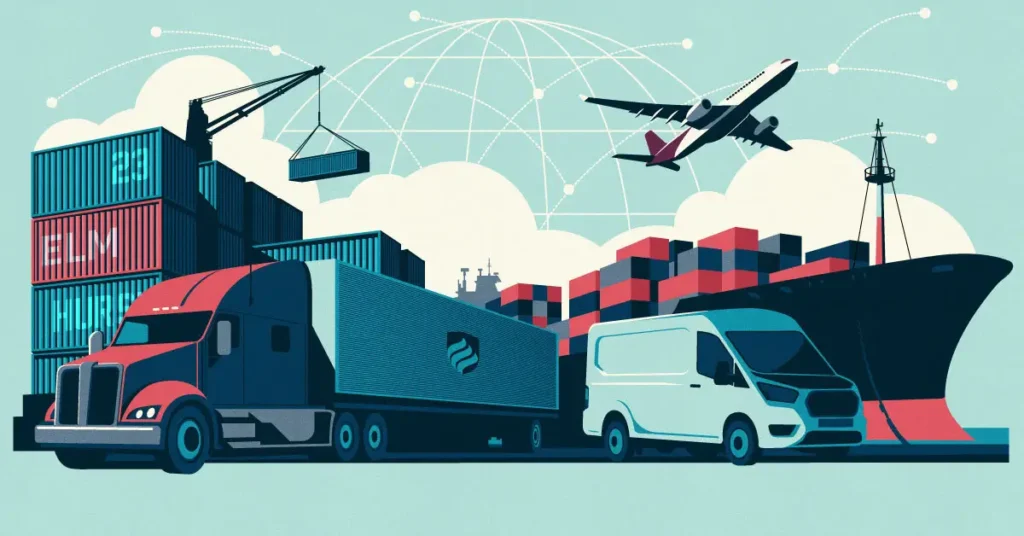Supply Chain Logistics Challenges and Opportunities

The current landscape for businesses involves navigating complex and volatile markets. Supply chain logistics challenges and opportunities play a pivotal role in shaping how goods move efficiently and cost-effectively. Understanding these factors is crucial for businesses that want to remain competitive and resilient in today’s environment.
Disruptions and Supply Chain Logistics Challenges
Recent years have seen unprecedented disruptions to global supply chains. From geopolitical instability to extreme weather events, these issues have created bottlenecks and increased costs. One major effect has been on freight forwarding, where costs fluctuate widely and disrupt planning. These supply chain logistics challenges make resilience a top priority for businesses.
Companies are now diversifying suppliers, building redundancies, and leveraging technology to mitigate risks. This includes adopting alternate sourcing strategies and improving shipment visibility through digital tracking systems.
Opportunities in Effective Supply Chain Logistics Services
While challenges exist, opportunities also emerge. Businesses are increasingly working with third-party logistics (3PL) providers who offer warehousing, distribution, and transport management expertise. These partnerships can lower costs and streamline processes.
Investments in technology also create opportunities. Real-time tracking, predictive analytics, and automation improve customer satisfaction and minimize delays.
Opportunities in Streamlining Global Logistics Services
Despite the challenges, there are opportunities for businesses to streamline their global logistics. The key is to understand the nuances of the current market and develop adaptable strategies.
Collaboration and data sharing are also becoming increasingly important. By partnering with reliable logistics providers and sharing real-time data, businesses can optimize their operations and minimize disruptions. This also reduces waste and increases efficiency, providing a competitive advantage.
